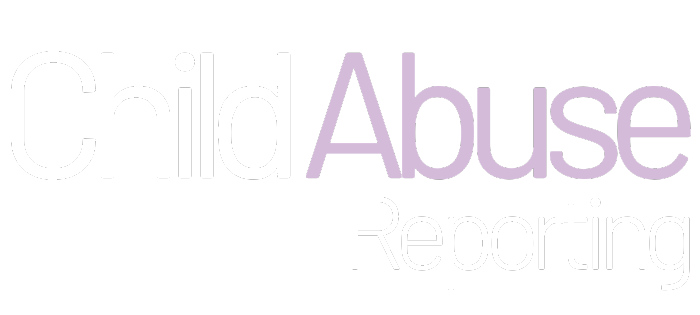CPS Seeks to Preserve Families
The main focus of CPS is to preserve families. However, in the rare case when a child must be removed from the home, placing a child with a relative is the first place caseworkers look to meet a child’s needs.
Amy Natale-McConnell, Director of Monroe County Child and Family Services, explains that when CPS launches an investigation of a family, they always work to keep the child with her/his parents. “We never want to remove a child, but sometimes there’s no other choice when that child is in imminent danger of harm.”
It’s all relative
Caseworkers begin by talking to the parents and the child, if s/he is old enough to be interviewed. Their research includes data searches and background checks to ensure a proper safety plan.
Their search is not restricted by blood. Beyond biological relations, caseworkers look for someone who has a significant positive attachment to the child. Sometimes that can be a neighbor, daycare provider or a church member.
Sue Johnson, Administrative Caseworker for Monroe County Child and Family Services, says “We look for any absent parents and extended family, which can include friends.”
If a relative is not in a position to be a recourse for placement, they can still serve as a support for the child through phone calls, visits or periodic activities (such as dinner or movies) outside the home.
Fostering relationships
Natale-McConnell stresses that “The priority has always been to return the child to the parent, if that can be accomplished safely.” CPS believes that even a temporary separation can have a positive outcome, as it gives the parents some time to get the help and treatment they need, to preserve those family connections.
When family can’t be identified, foster care is the second option. Caseworkers talk with the biological family before seeking a foster care placement. Relatives can even become certified foster parents themselves, through a legal process.
Caseworkers continue to research and provide options even while the child is in foster care. The goal of all this is permanency, in the best interests of the child.
“Child welfare,” said Johnson, “is the “responsibility of everyone in the community. As mandated reporters, we have an obligation to report reasonable suspicion. But as a community, we all bear responsibility for keeping children safe.”
If you or anyone you know is interested in becoming a foster parent (or who has a family member who might be interested): https://www.monroefostercare.org/
If you’re raising a child who’s not your own, visit the Catholic Family Center website for more information about services: https://www.cfcrochester.org/our-services/strengthening-families/nys-kinship-navigator
Definition:
Kinship Care
The care of children by relatives.
In-Depth:
How Do I Call In A Report?
Mandated reporters must call the Child Abuse Hotline when they have a reasonable suspicion that child abuse or neglect has occurred. However, a call to the Hotline can’t automatically be registered as a report. This is because the Child Abuse Hotline staff must assess each call according to five criteria based on state law. If a call does not meet these criteria, CPS cannot investigate and follow-up with the situation.
You may have heard stories about mandated reporters calling the Hotline, only to discover that CPS could not take action. You may not be familiar with the five criteria and you may not know what to expect when you call in a report. You may have questions about whether you should tell the child’s family that you called the Hotline about them.
In addition, agencies, institutions or workplaces that employ mandated reporters should have written protocols and procedures to guide mandated reporters through the reporting process.
You may not know about the protocols and procedures for child abuse reporting at your agency, institution or workplace. It may be helpful to contact your supervisor before calling the Hotline.
View all previous newsletters in the archive.

